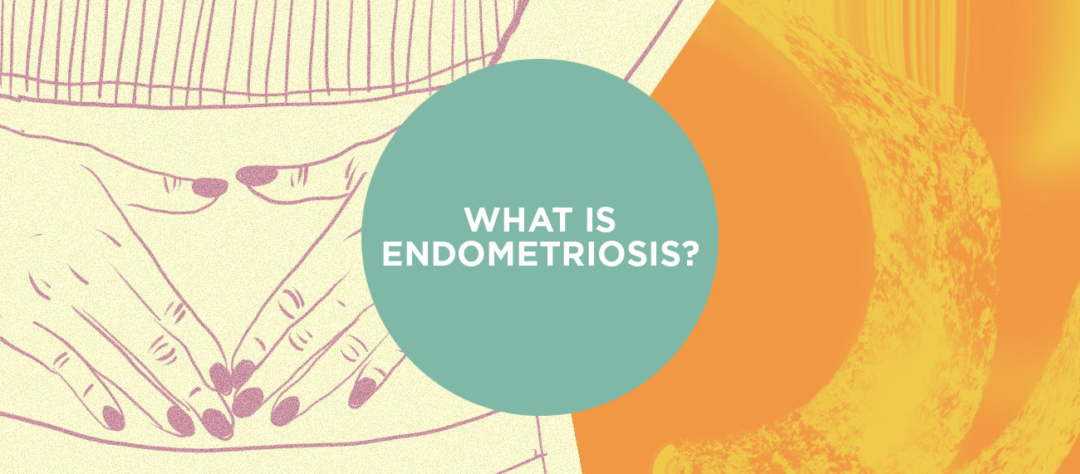Endometriosis is a medical condition that occurs when tissue similar to the lining of the uterus – known as endometrium – begins to grow outside the uterus. So what’s really going on here?
Well, imagine your body throwing a curveball each menstrual cycle. These rogue cells, chilling outside the uterus, still act like they’re home – thickening, breaking down, bleeding – but with no exit strategy. This can lead to pain, scar tissue, and a host of symptoms that can range from “Ugh” to “Why me?” during periods.
Prevalence and Healthcare in the UK
Endometriosis affects about 10% of women of reproductive age globally, translating to approximately 190 million individuals. In the UK, this condition is a significant health issue, with numerous healthcare options available for diagnosis and treatment. The National Health Service (NHS) provides guidelines and support for managing endometriosis, and there are various support groups within the country offering assistance to those affected.
Common Symptoms
When we talk about the common symptoms of endometriosis, we’re looking at a mix of things that can vary quite a bit from person to person. Here’s the lowdown:
- Pelvic Pain: It’s usually at its worst during your period, and you might also feel it in your lower back and tummy. Think of it as an unwanted monthly visitor that overstays its welcome.
- Menstrual Irregularities: We’re talking heavy periods or even surprise bleeding between cycles. Basically, your period starts acting like it’s forgotten the regular schedule.
- Pain During Sex: Yep, this can happen. It might show up during or after getting intimate, which is a bit of a downer.
- Pain with Bowel Movements or Urination: These pains often say ‘hello’ around your menstrual cycle, adding another layer of fun to the whole experience.
- Infertility: Sometimes, endometriosis can throw a wrench into fertility plans.
But here’s a quirky thing: the amount of pain you feel doesn’t always line up with how much endometrial growth you’ve got going on. It’s like your body’s own unique response to the condition.
Signs for Diagnosis
Now, here’s where it gets interesting. Endometriosis can throw some unusual symptoms your way – like gastrointestinal issues, lower back pain, and even fatigue. It’s like your body’s trying to tell you something, but it’s speaking in riddles. These symptoms can often be overlooked or misdiagnosed, making it a real challenge to figure out what’s up.
Diagnosis often involves a detailed description of symptoms, a pelvic exam, and may include imaging tests like ultrasounds or MRIs. In some cases, a definitive diagnosis requires surgery, such as laparoscopy, where a camera is inserted into the abdomen to look for endometrial-like tissue.
Uncommon Symptoms
Endometriosis isn’t always straightforward, and sometimes it throws out symptoms that are easy to miss or mix up with other things. Let’s break them down:
- Gastrointestinal Issues: We’re talking about things like diarrhoea or constipation, and they tend to show up or get worse during your periods. It’s like your digestive system decides to join the period party.
- Lower Back Pain: This one can be sneaky because it doesn’t always feel connected to your menstrual cycle, but it’s part of the endometriosis package for some.
- Fatigue, Bloating, Nausea: These can come along for the ride, too, often getting more noticeable around the time of your period.
- Psychological Impact: Dealing with chronic pain and the other symptoms could take a toll on your mental well-being, leading to things like depression or anxiety.
These symptoms can be tricky because they’re not the first things you might link to endometriosis. But if you’re experiencing them – especially in tandem with the more common symptoms – it’s worth exploring further.
Conclusion
Wrapping it up, endometriosis is a bit of a complex puzzle, isn’t it? It’s one of those conditions that can really fly under the radar but has a big impact on life. Awareness, catching it early, and getting the right treatment are key moves. It’s pretty crucial to get a handle on the variety of symptoms and to reach out for the right healthcare advice if you think you might be affected.
For those in the UK, there’s a bunch of support waiting for you. The NHS and various support groups are there like reliable friends, offering a wealth of information and backing to help you manage endometriosis. So, if you’re navigating this journey, remember it’s all about staying informed, seeking support, and tackling it head-on. You’re not in this alone!


